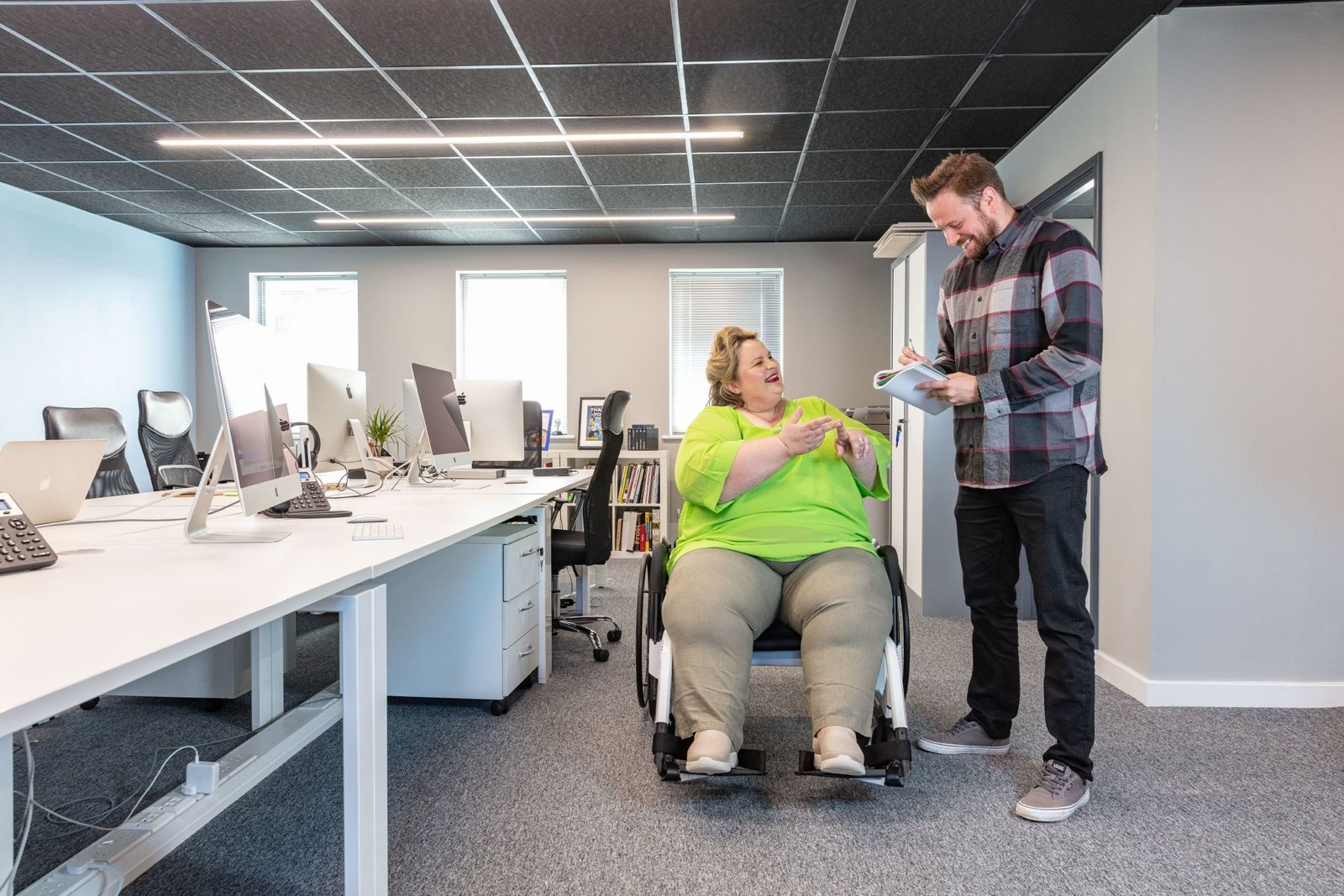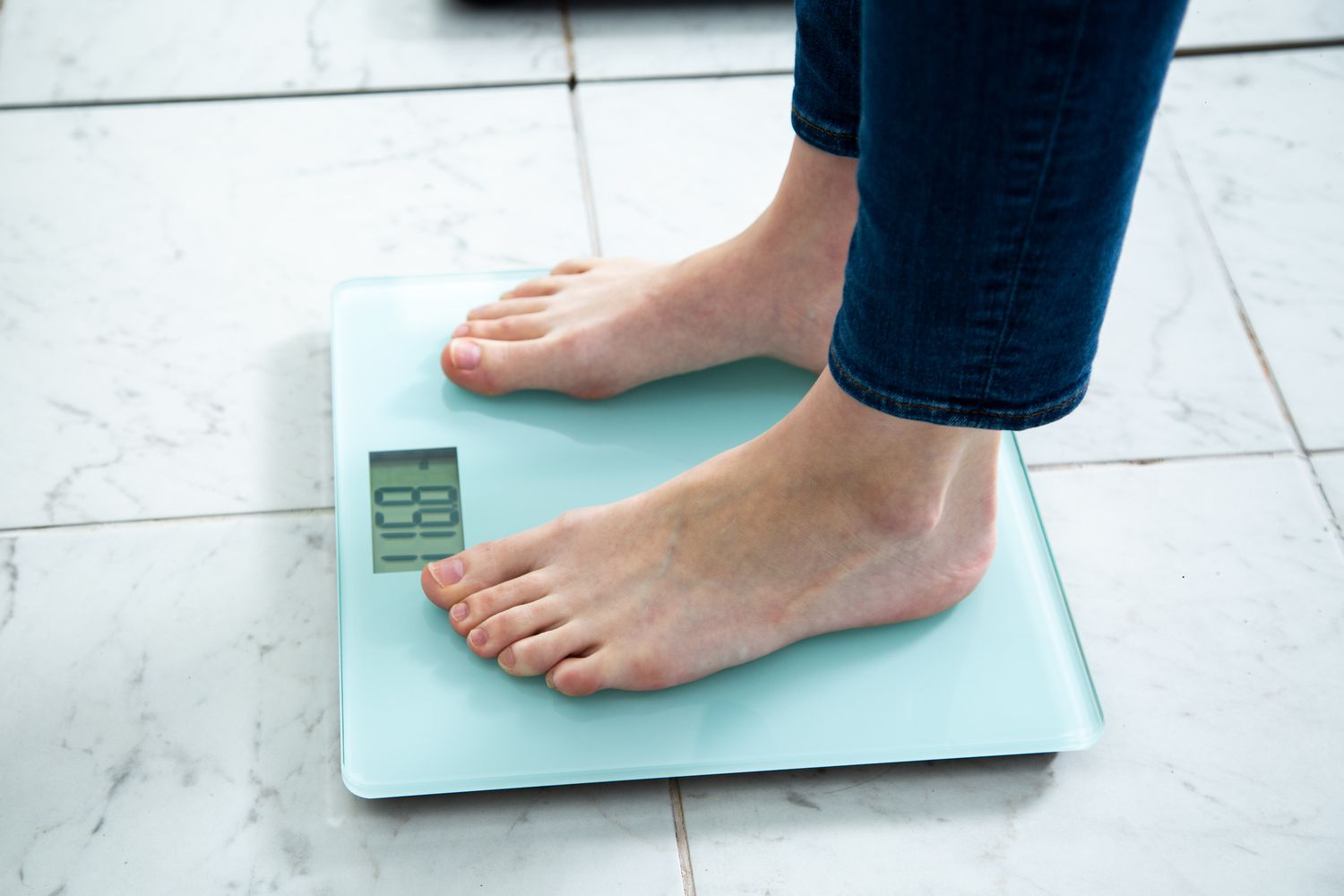Introduction
Welcome to our comprehensive guide on BP monitors, an essential tool for monitoring one’s health. In this article, we delve into the intricacies of what a BP monitor is and its various uses. We aim to provide you with a detailed understanding of this crucial device.
What is a BP Monitor?
A BP monitor, short for blood pressure monitor, is a medical device used to measure blood pressure. It is a non-invasive tool that provides valuable insights into an individual’s cardiovascular health. There are two primary types of BP monitors: digital and analog.
Digital BP Monitors
Digital BP monitors are the most common type found in homes and medical facilities. They operate by using an electronic sensor to detect the pressure of blood flow. These devices often display readings on a digital screen, making them easy to read and understand.
Analog BP Monitors
Analog BP monitors, also known as manual or mercury sphygmomanometers, are traditional devices that use a column of mercury to measure blood pressure. While less common in homes today, they are still used in some medical settings.
How Does a BP Monitor Work?
The functioning of a BP monitor revolves around the principle of oscillometric technology. When the cuff of the monitor is inflated around the upper arm, it momentarily cuts off the blood flow. As the cuff deflates, the monitor detects the vibrations in the artery caused by the returning blood flow. These vibrations are then converted into a digital reading, displaying the systolic and diastolic pressures.
Systolic Pressure
The systolic pressure represents the maximum pressure exerted when the heart contracts, pushing blood through the arteries.
Diastolic Pressure
On the other hand, the diastolic pressure is the minimum pressure in the arteries when the heart is at rest between beats.
Why Use a BP Monitor?
Monitoring Hypertension
One of the primary uses of a BP monitor is to monitor hypertension, commonly known as high blood pressure. Hypertension is a significant risk factor for various cardiovascular diseases, including heart attacks and strokes. Regular monitoring allows individuals and healthcare professionals to track changes in blood pressure and take appropriate actions.
Managing Chronic Conditions
For individuals with chronic conditions such as diabetes or kidney disease, monitoring blood pressure is crucial. Fluctuations in blood pressure can indicate complications or the effectiveness of treatments.
Promoting Overall Health
Even for those without existing health conditions, monitoring blood pressure can be a proactive measure to promote overall health. It provides valuable insights into lifestyle factors such as diet, exercise, and stress management.
How to Use a BP Monitor?
Preparation
Before using a BP monitor, it is essential to be prepared:
- Sit in a comfortable position with your back supported and feet flat on the floor.
- Rest for at least 5 minutes before taking a reading.
- Avoid caffeine, exercise, and smoking for at least 30 minutes before measuring.
Placement
- Place the cuff on your bare upper arm, about an inch above the elbow.
- Ensure the cuff is snug but not too tight. You should be able to slide two fingers under the cuff.
- Position your arm so that the cuff is at heart level.
Taking the Reading
- Press the start button on the monitor.
- The cuff will inflate and gradually deflate.
- Remain still and avoid talking during the measurement.
- The monitor will display your systolic and diastolic pressures.
Conclusion
In conclusion, BP monitors are invaluable tools for monitoring cardiovascular health. Whether you are managing a chronic condition or proactively monitoring your well-being, understanding how to use a BP monitor is essential. By following proper techniques and guidelines, individuals can take control of their health and work towards a healthier future.
For purchase of BP Monitors, visit Our Products page for Digital BP Monitors.
Visit the supporting link to know more about Blood Pressure and how it is measured.






